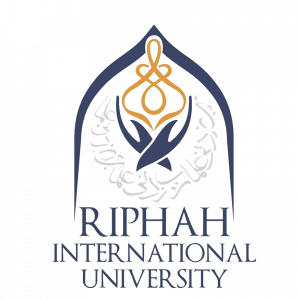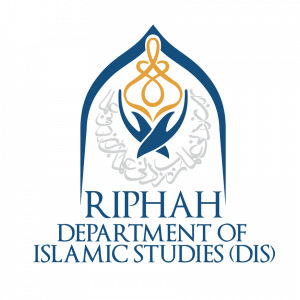Background
The 1st International Conference of Islamic Studies 2020 (ICIS-2020) has a central theme of addressing the issues relating to curriculum and pedagogy of Islamic Studies at the university level in Pakistani and global context. The conference emphasizes the challenges in teaching and learning Islamic Studies, the possible strategies and ways to apply and practice in daily life. Indeed, excellent curriculum design leads towards impeccable teaching practice that ultimately promotes an ideal learning environment. It is an international refereed conference dedicated to advancing the theory and research into practice in Islamic Studies at higher education.
The conference’s main aim is to provide an opportunity for academicians and professionals from various national and international universities with multi-disciplinary interests to bridge the knowledge gap, promote research innovation, improve curriculum design, develop educational pedagogy, promote collaborative excellence, and teach Islamic values. The conference will serve the purpose of facilitating a link between Islamic theory and its practice, inculcate Islamic knowledge in daily life, and explore the application of research findings into practice for society’s welfare. In a nutshell, it will cover topics on curriculum design, educational pedagogy, creative initiatives, essential considerations, teaching models, experiential learning, assessment strategies, and productive feedback.
OBJECTIVES
- To bring together academicians, educationists, and scholars with inter-disciplinary and multi-disciplinary interests
- To share insights and practices of religious scholars on teaching and learning of Islamic Studies at the university level
- To bridge the knowledge gap in the field of Islamic Studies by reviewing the existing schemes of studies and policies critically and analytically
- To promote research innovation and improvement in curriculum design, educational pedagogy, and collaborative excellence
- To provide an educational platform for teachers and researchers through global collaboration to establish a link between Islamic theory and its practical application worldwide for social benefits
- To promote Islamic ethics and values in the society for better understanding and learning of the Islamic system of life and living through Islamic education
TARGET AUDIENCE
- Administration of the universities
- Deans/ Heads of institutions and departments
- Faculty Members of Islamic Studies
- Academicians of all departments and faculties
- Researcher Scholars in the field of Islam
- Policymakers and Program Planners
- Coordinators in Islamic Studies
- University Students of Islamic Studies
- Students of all disciplines worldwide
- Muslim individuals, guardians, and parents
- General Public and Global Muslim Community
1st International Conference of Islamic Studies-2020 (ICIS-2020)
Teaching and Learning Trends of Islamic Studies at University Level: Challenges, Strategies, and Way Forward
Keynote SpeakersMajor speakers below, see all list on the speakers page
Professor Dr. Israr Ahmad Khan
Faculty of Islamic Studies, Social Sciences University of Ankara (ASBU), Turkey
Dr. Mohamed Hamadikinane Maiga
Head of Undergraduate Programme, Faculty of Shariah & Law, University Islam Sultan Sharif Ali, Brunei Darussalam

Professor Mohamad Abdalla
Professor Mohamad Abdalla
Director, Centre for Islamic Thought and Education (CITE), University of South Australia, Australia

Professor. Dr. Qibla Ayaz
Chairman of the Council of Islamic Ideology (CII), Pakistan
Professor Dr. Mustaqimah
Professor Dr. Mustaqimah
Head, Department of Ilmu Al-Qur’an and Tafsir, IAIN Sultan Amai Gorontalo, Indonesia
Professor Dr. Nabil Al-Fouly
Professor Dr. Nabil Al-Fouly
Fatih Sultan Mehmet University, Istanbul, Turkey

Dr. Noor Hayat Khan
Associate Professor & Head, Department of Islamic Studies, National University of Modern Languages (NUML), Islamabad, Pakistan

Dr. Sajid Asdullah
Dr. Sajid Asdullah
Assistant Professor, Department of Islamic Studies, Riphah International University, Faisalabad Campus, Pakistan.
The socio-economic development of our country is inextricably linked with its higher education system, particularly scientific research and innovation in technology.

Online Conference Program Outline
16-17 DECEMBER 2020
Number of seats are limited!
Don't miss your seat. Join the discussion online
Organizers







